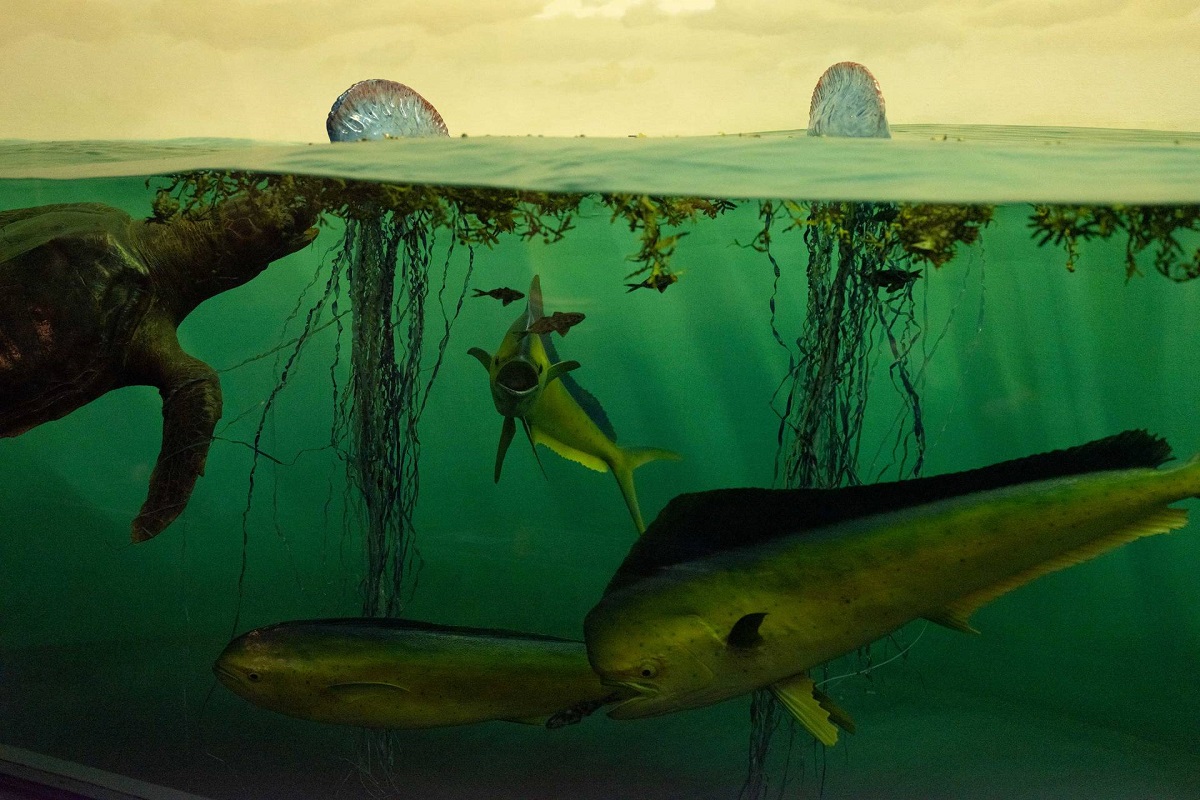- The UN High Seas Treaty has failed in its fifth attempt.
- Only 1.2% of the world’s seas are protected, according to international standards.
- Climate change, overfishing and shipping traffic pose a threat to marine species.
A global accord to safeguard the world’s ocean and marine life has failed in its fifth attempt. Governments had been negotiating the details of the UN High Seas Treaty for two weeks in New York, but they were unable to come to an agreement.
Despite making up roughly two thirds of the world’s seas, only 1.2% of them are protected, according to international standards.
Campaigners for the environment have referred to it as a “lost opportunity”.
The UN Convention on the Law of the Sea, the most recent international accord on ocean preservation, was signed in 1982, 40 years ago.
The high seas, which are international waters where all nations have the right to fish, ship, and conduct research, were established by that agreement.
The growing hazards of climate change, overfishing, and shipping traffic pose a threat to marine species that exists outside of the 1.2% of protected areas.
168 original treaty signatories, including the EU, met over the past two weeks to attempt to forge a new deal.
During the meeting, the International Union for the Conservation of Nature (IUCN), which tracks the condition of the world’s biodiversity, spoke with BBC News.
Kristina Gjerde, their Senior High Seas Advisor, emphasised the significance of this agreement by saying, “The high seas are the vital blue heart of the panet
“What happens on the high seas affects our coastal communities, affects our fisheries, affects our biodiversity – things we all care so much about.”
[embedpost slug=”/scientists-detect-ocean-in-nearby-exoplanet/”]





















